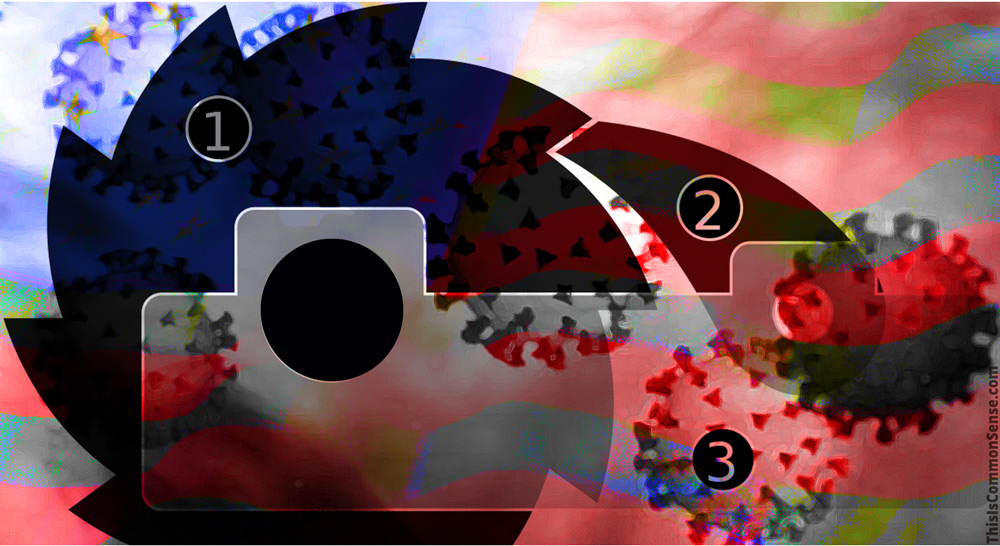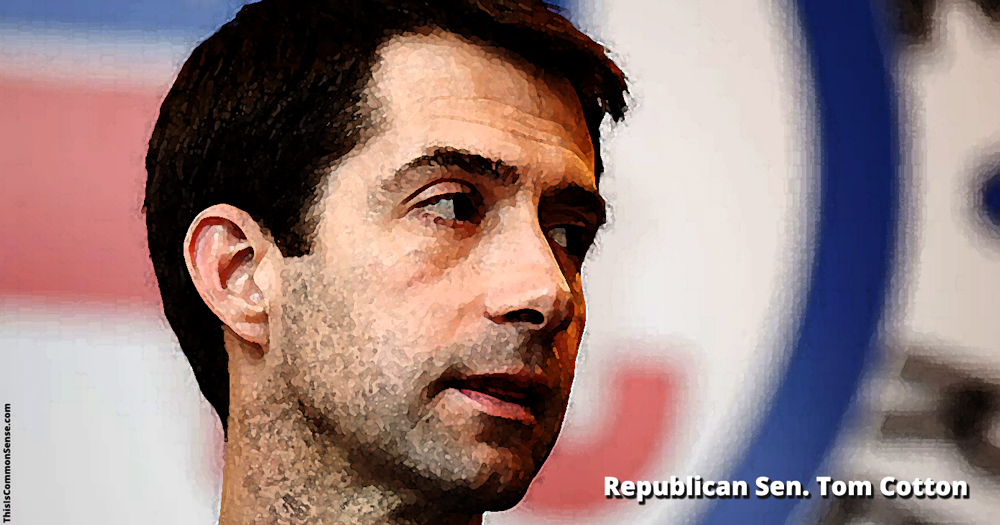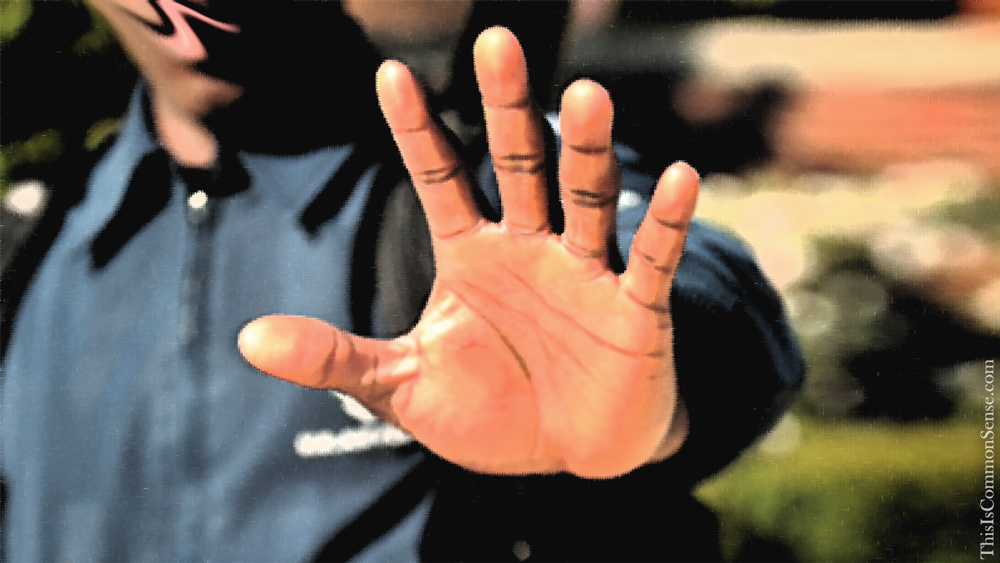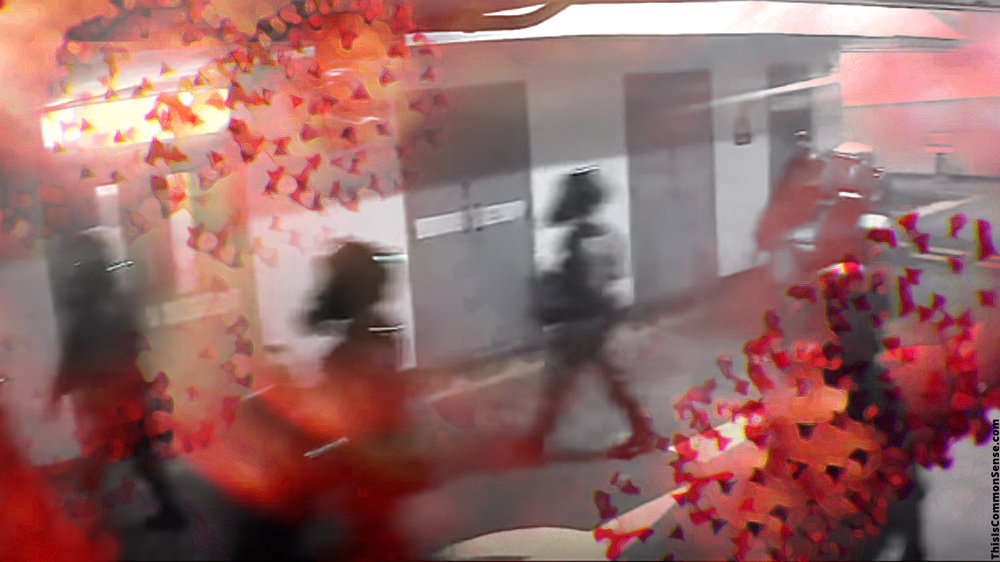Various models and curves and soothsayers predict that the coronavirus will lay off as the summer sun waxes. And then rush back in the autumn.
So we should not look at just near-term threats, but also look at cycles of contagion month-to-month, year-to-year.
Yet, it is not just the dreaded coronavirus that must be seen over time. “Crisis measures are often ineffective,” writes Matthew Feeney, at Cato Institute, “and can survive the crisis they are implemented to counter.”
Because government power and interference tend to ratchet up with each crisis, there is a whole lot of reason to suspect that we will not go back to normal. Indeed, “the new normal” is now a catchphrase.
The quarantine shutdown has been, if not total, totalistic. Feeney acknowledges such extremist (he didn’t use that word) measures may sometimes be justifiable. But warns of that ratchet, of new powers given to government not devolving after the crisis.
Ted Galen Carpenter, also at Cato.org, draws a “fundamental lesson” from the panic: “Americans need to resist the casual expansion of arbitrary governmental power in response to the current coronavirus crisis.”
The extreme measures of the shutdown — called by economist Gene Epstein “The Great Suppression” — should have been widely discussed before the contagion hit. Instead, they were discussed in meetings behind closed doors.
But most of us were already up to our necks in the political muck fighting off the everyday kludge of the old normal level of too-much-government.
You know, from the previous turn of the ratchet.
This is Common Sense. I’m Paul Jacob.

—
See all recent commentary
(simplified and organized)










